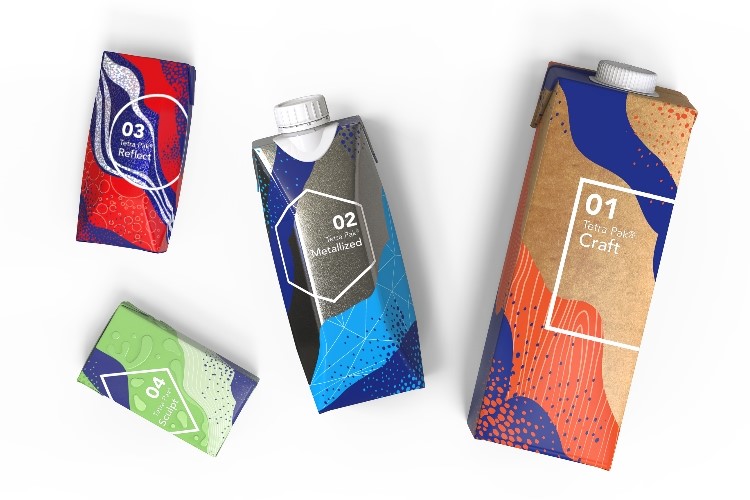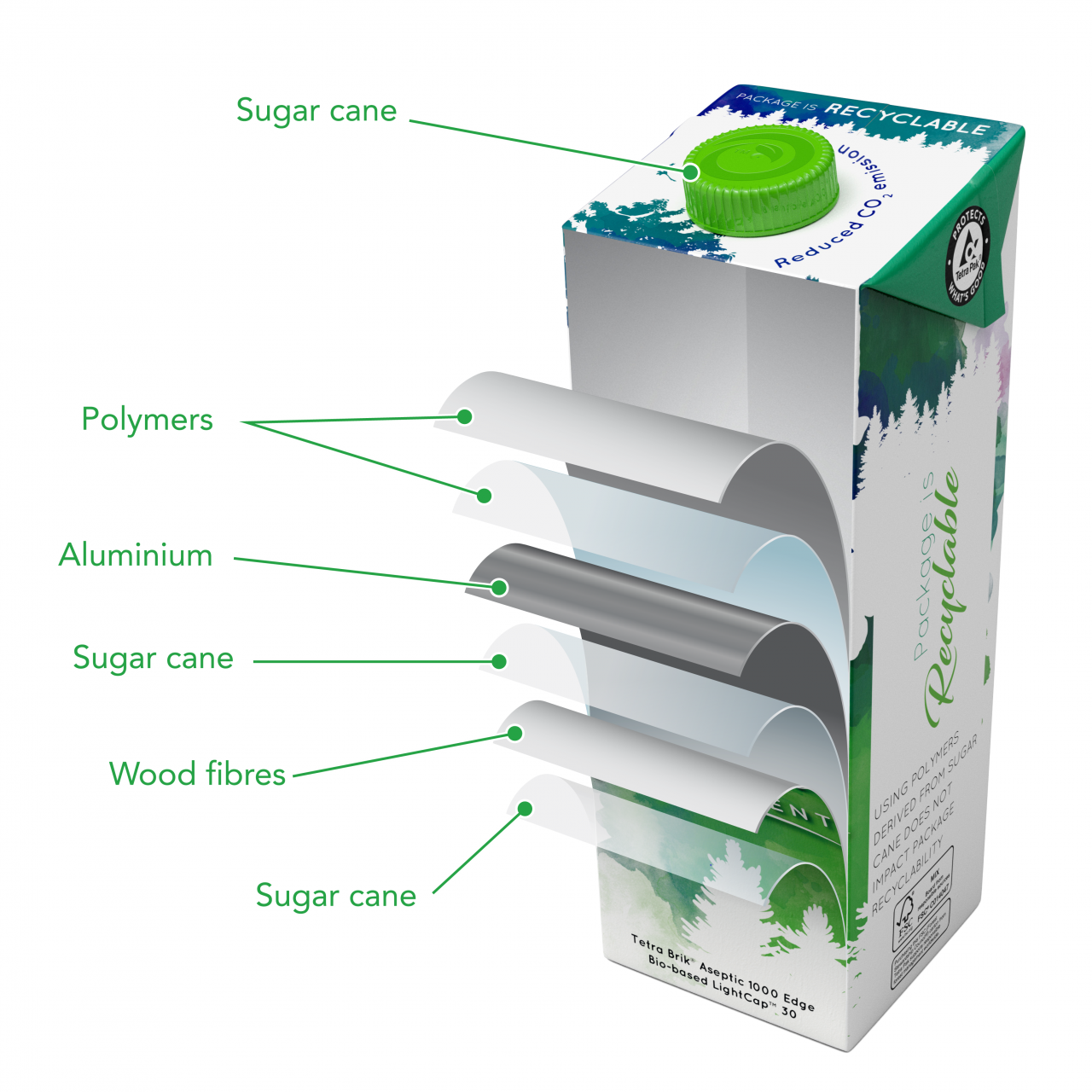

An active participant in recycling used food and beverage packaging, Switzerland-based Tetra Pak has decided to fund and install robotic sorting arms at some of the material recycling facilities (MRFs) to propagate the storing and sorting of end-of-life cartons.

Recycling aluminium foils or cans is extremely simple as they are comprised of the purest form of aluminium that can be directly pushed through a recycling device without the need to separate any building materials. But on the other hand, aluminium laminated cardboard, paper or plastic needs to be sorted and the materials individually separated before the elements can be run through recycling drives.
Tetra Pak’s fundraiser will be for eligible local authoritative groups and their waste management providers, which have not yet introduced kerbside collection in the region. The Swiss packaging company is giving them an opportunity to adopt such a collection drive by “early next year”.
On receiving applications, Tetra Pak will lead “a process of evaluation and due diligence, after which funding will be delivered to selected councils,” as was declared by the company.
The sustainability director for Northern and Eastern Europe at Tetra Pak, Dragan Rajkovic, explained: “With the number of UK households growing by almost 6% in a decade and local authorities expected to do more in terms of service provision, often with fewer resources, Tetra Pak wants to help contribute to supporting local recycling, from how the packaging is designed through to direct financial support for collection services.”
Tetra Pak also notified that Department for Environment, Food & Rural Affairs (Defra) has not yet come up with finalised or standardised collections legislation but the “direction of travel” is prominent as it encourages councils to introduce collection drives as soon as possible. Cartons hold a primary place in Defra’s collection consultations, but its protocol has not been framed yet.

The international carton producer is confident that its funding might aid the “forward-thinking and innovative groups” of local inhabitants to be financially independent in introducing sustainability drives now, that “will be required in the next two years regardless”.
Tetra Pak also commented that the funding opportunity had been planned “alongside other support and expertise available from the Alliance of Beverage Cartons and the Environment UK (ACE), including generous subsidies for collected material sent to the carton mill in Yorkshire”.
The robotic sorting arm mounted for eligible applicants will be adjustable, movable and flexible; alongside will add proper infrastructure to host a new kerbside collection drive, as Tetra Pak defines.
Recently, Tetra Pak oversaw the construction of a carton mill at Halifax, West Yorkshire, which collects and sorts cartons for recycling, wholly run by ACE UK. The mill has a processing capacity of 25,000 tonnes of cartons per annum but is currently working at low power.
“Collecting cartons at kerbside gives the scale and volume that can be sent to this carton mill for processing and turning back into new products, such as cardboard tubes and floor matting. And now our offer of direct funding interventions for sorting infrastructure is aiming to tackle a barrier to greater kerbside collections,” Tetra Pak added to its statement.
The company concluded by saying: “The opportunity is collaboration. The chance to implement this at the local level is now.”
As Tetra Pak evaluates, almost 2.3 billion food and drink cartons are circulated along the UK food industry each year; approximately 6 million can be accounted for per UK local authority. Around 70% of these cartons contain paperboard, which can be separated from polymers or aluminium by using revolutionary sorting technologies available on the planet. Tetra Pak is trying to introduce a circular economy by planning this move.



Responses






